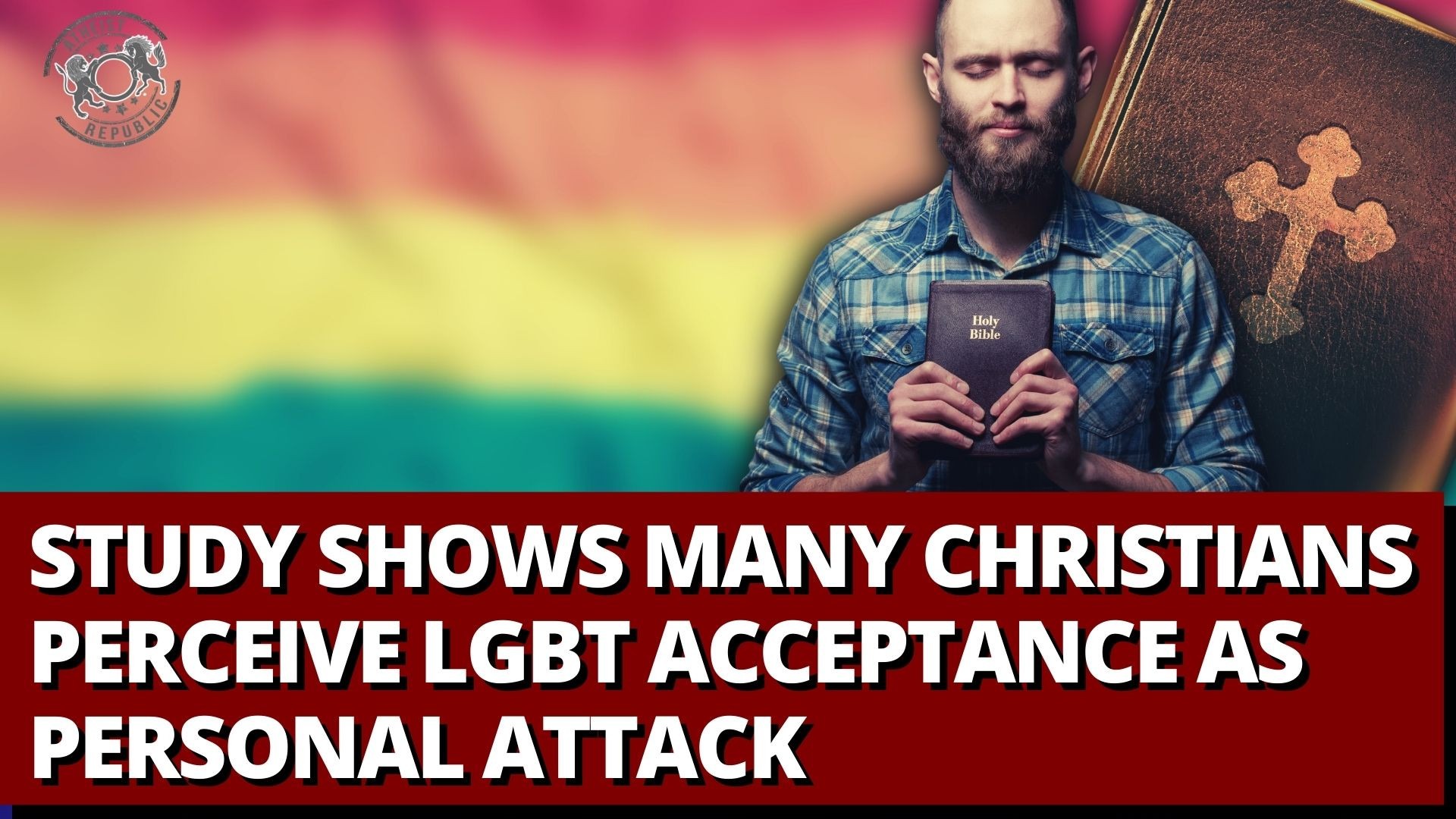
In a study published in the Journal of Personality and Social Psychology, a team of researchers from the Washington University in St. Louis in Missouri revealed some vexatious frames of mind from ultra-conservative Christians. The study, titled "Is LGBT progress seen as an attack on Christians?: Examining Christian/sexual orientation zero-sum beliefs," explores the spectrum of social changes and their effects on Christians. This group of researchers comes from the Department of Psychology and Brain Science at Washington University in Missouri.
The research used data gathered from five separate studies conducted over three and a half years, from July 2016 until December 2020. In the first four studies, the team surveyed approximately 2 thousand participants. These participants are composed primarily of individuals who identified as heterosexuals and are predominantly white Christian Americans. For a culturally dominant religious group to hold such a perspective, the results were discomforting.
In the first study, the team found out that heterosexual white Christians subscribe to zero-sum bias (ZSB) more than any other group. Zero-Sum Bias or Zero-Sum Thinking is a situational perception where an individual thinks that one person's gains translate to a loss for the other person. "Many Christians have come to see themselves as being on the losing side of the culture wars," Clara Wilkins, the study's principal investigator, explained. She added that since most White Christian Americans see Christianity as an integral feature of American culture, this puts them at odds with the LGBTQ+ community they see as "having increasing social influence."
In the second study, the team's findings turned from bad to worse. They asked participants to reflect on specific bible verses that promote acceptance. Their tendency to subscribe to ZSB increased; this led the researchers to conclude that intergroup conflict is an innate feature of Christian teachings. The third study also yielded results that compounded the findings in the second study. The perception of a possible conflict increased after Fundamentalist Christians read and reflected on bible verses that promote inter-cultural acceptance during the fourth study. Surprisingly, the opposite results happened for most of the mainstream Christians that were part of the respondents.
The fifth study focused on ZSB's implications towards sexual discrimination, especially for the LGBTQ+ community. The team of researchers interviewed members of the United Methodist Church in the United States who just recently voted to support limiting their LGBTQ+ members from serving as clergy, despite the UK's United Methodist Church voting to allow for same-sex marriage.
Nevertheless, the team was able to provide a positive conclusion to a string of worrisome findings. They were able to identify that church leadership can use their influence over their followers to help facilitate intercultural acceptance. "We found this take-away very interesting, (we) found that biblical faith can also lead to broad civic acceptance," said Lerone Martin, one of the authors and co-principal investigators of the study.
